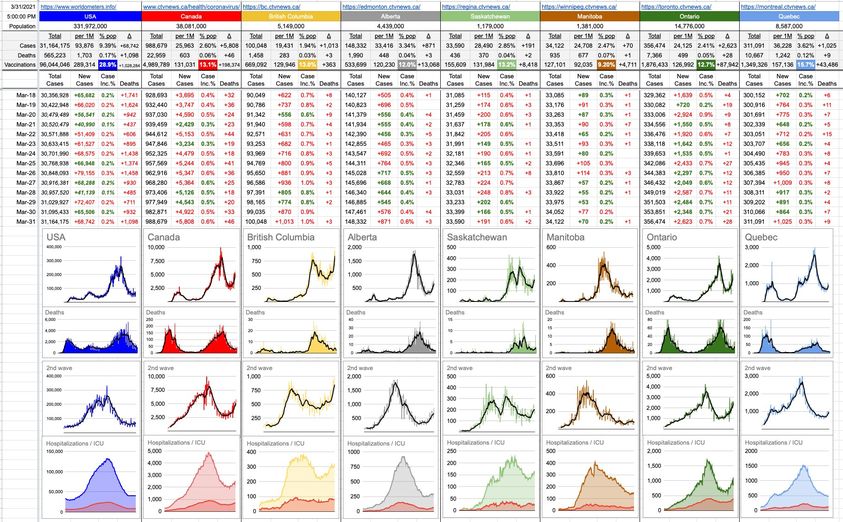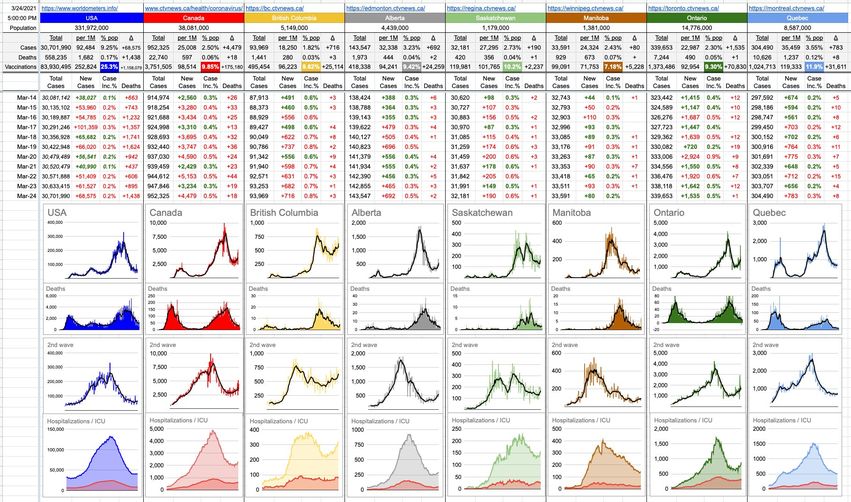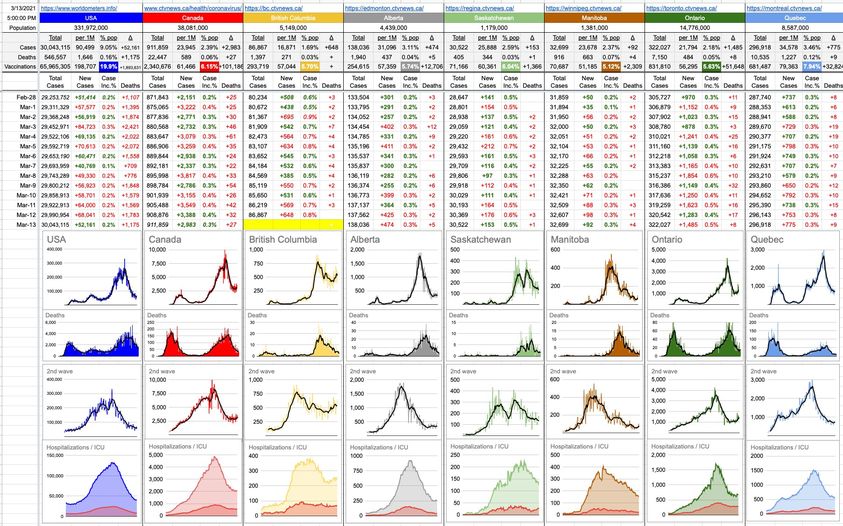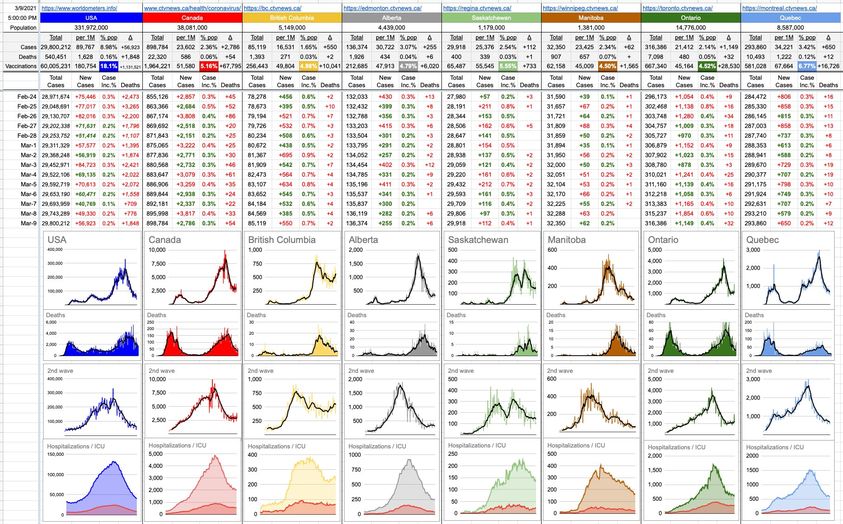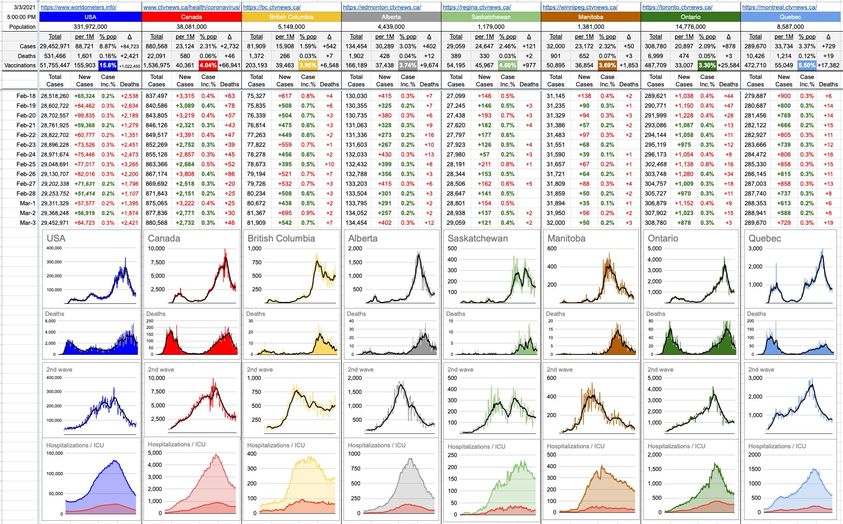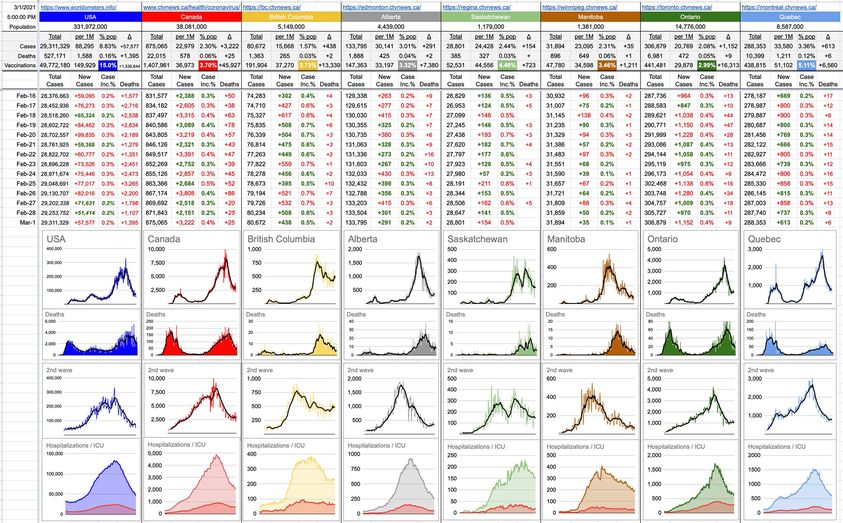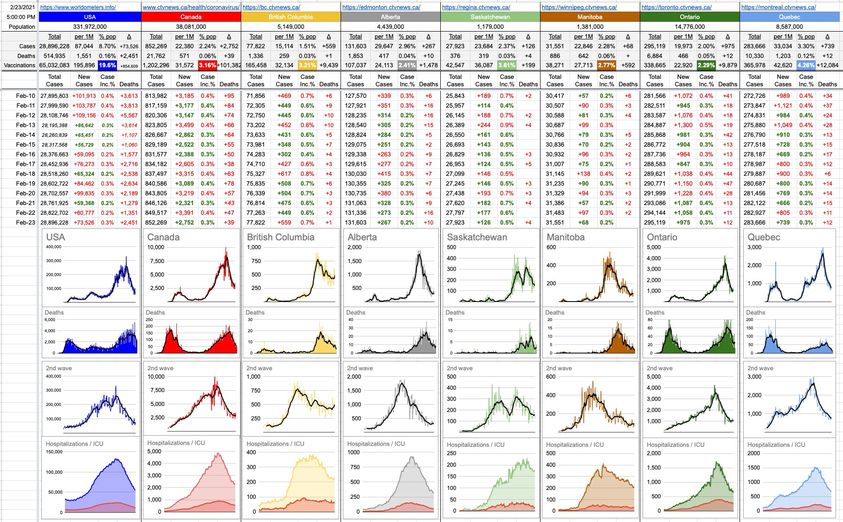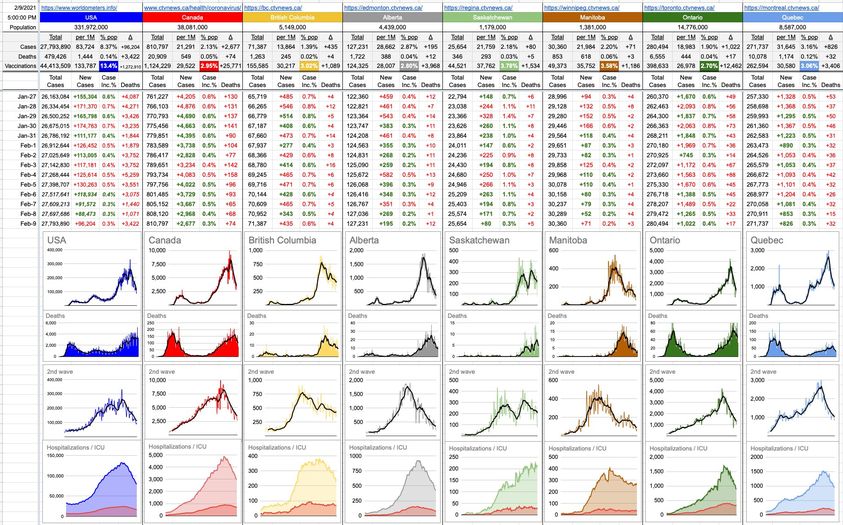April 4, 2021
I have seen some ridiculous finger-pointing in my life… people, yelling at each other for 15 minutes, trying to assign blame for some problem. It didn’t matter that the problem was relatively insignificant, nor that it had been resolved painlessly. No, that wasn’t important. The only truly important thing was making sure everyone knew, and agreed upon, whose fault it was.
I don’t think that way. Frankly, I consider that sort of nonsense a complete waste of time that vast majority of the time… because the vast majority of the time, either the problem has been resolved, or it’s still a problem that needs addressing… and that’s where the energy should be focused.
Forgetting whose fault it is, and what could’ve and should’ve been done better, let’s figure out where we are today, and what we need to do to get out of it.
The new variant that’s in town, the one colloquially known as the Brazilian variant, is far more concerning than people might realize. It’s highly contagious, evidently more dangerous, and it can infect people who’d previously been infected with other strains. It’s quite likely the variant that’s running through the Canucks, because some of them had already had, and cleared, previous strains of C19.
How’d it get here? I’ll leave the finger-pointing out of it. It could’ve been prevented, or at least its spread fiercely mitigated. Spring Break, Whistler, yadda yadda. In Vancouver, at this moment, there is more Brazilian variant than in the entire country of the United States. Yes, really. And it’s what led to the very sudden turn-around, and the new restrictions. You know, those restrictions that two days ago were being protested by maskless screaming crowds insisting we’re all just being controlled and that the government is trying to screw us.
I sincerely wish we *were* being controlled, because the mess we’re in might have been avoided. So, again… finger-pointing aside, what now?
Let’s simply accept that there is a group of people who don’t understand, don’t want to understand, who will insist to their dying day, even if that dying is sooner than later, in a hospital, on a ventilator… that all of this isn’t such a big deal. That person’s struggling, dying breaths still denying the seriousness of the situation should be enough to convince you that nothing would ever have changed their minds. So, what do you do?
Their ridiculous attitude and filling of restaurants and irresponsible partying and all the rest of it will go on, no matter what the PHO, police, neighbours and common sense say. Let’s accept that, and not waste more time thinking that slapping uncollectable fines on these people is the answer. Arrest the leaders and throw them in jail? Sure, but I have a better idea.
This will only go away when most of us have been vaccinated. We are way behind. Embarrassingly behind. On the whole topic of sourcing, procuring and getting vaccines into arms? There is no version of spin that justifies the mess we’re in. We are pathetically behind every other first-world nation… and embarrassingly behind our southerly neighbours who are drowning in the stuff, especially in places where, ironically, nobody wants it anymore. The number of people vaccinated in the U.S. yesterday and today adds up to more than Canada in total since day one. Many states have huge surpluses. In many places, you can just wander into a pharmacy… look at the vaccine menu of the day… “I think I’ll have the Pfizer… my wife would like the Moderna… and a couple of Johnson & Johnson’s for the kids, thanks so much.”
OK leaders… the Trudeaus and Horgans of the land; our local nuclear clock is approaching midnight. Given the lackadaisical attitude being displayed locally, unless something changes… around here, we might be a lot more screwed than we think. We need vaccines, and we need them now… and they have it. They have plenty to spare.
Justin and John… get on the phone. Call the governors of those states that are going to soon be throwing out their doses, and offer them something. We have lots of trees. We have lots of fresh water. Get us the vaccines *now*, and give them a sweet deal… set up shop on the banks of the Fraser River and take a much fresh sparking glacier-runoff water as you want for 10 years… but get us the vaccines… now.
Bonnie… I don’t know where the choke-points are with respect to getting doses into arms… but if the paragraph above were to work, what would be needed to handle it? More trained vaccinators? More syringes? More tents for more parking lots for all the pop-up vaccine clinics? I have no idea, but let’s assume we’ll need it, because let’s assume that finally, our leaders will step-up and cut through the bullshit and deliver.
J&J&B, start at the finish line of the problem and figure out how to get us there: We need vaccines, and soon. Much sooner than the present plan allows for. We are on the edge of this thing blowing up… in fact, we may well be beyond the tipping point. The timing of Spring Break last year saved us… but it may have royally screwed us this time. Now we throw Easter into the mix. Yeah, the whole “Here’s what we need to do to control case counts” thing may actually have reached beyond the tipping point… and we may already headed to overrun hospitals and ICUs. A severe and instant lockdown may prevent that, but that’s unlikely to happen.
The leaders put a lot of this responsibility on us, and for a while, we delivered. Now it seems that enough of us are tired of doing so… but that’s where true leaders course-correct. “The people didn’t listen to us!” isn’t a valid excuse for the history books. It’s up to you to mitigate that, and not participate in the finger-pointing.
Let’s not worry about whose fault it is. Just fix it.




